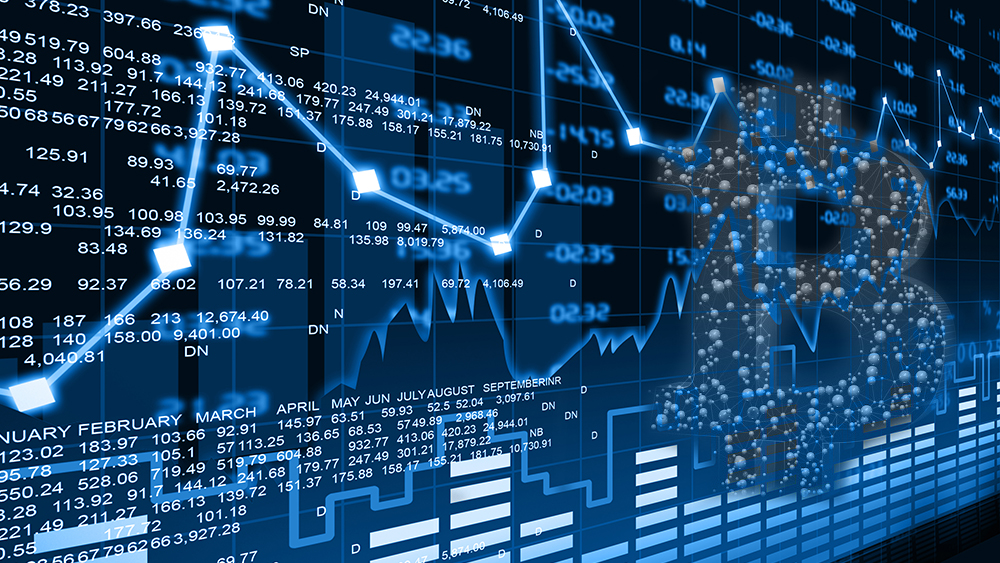
Data Transforming Business
07 May 2023When new technologies become cheaper and easier to use, they transform industries. That’s what is happening with Big Data right now. Let’s take a look at some key industries and explore how data is driving performance and competitiveness.
Healthcare
Big data in healthcare is transforming the way we identify and treat illnesses, improve quality of life and avoid preventable deaths. The drive now is to understand as much about a patient as possible, as early in their life as possible – hopefully picking up warning signs of serious illness at an early enough stage that treatment is far simpler, and less expensive.
For example, in one specialist premature and sick baby unit, Big Data techniques have been used to monitor the babies’ heartbeats and breathing patterns. Using this data, the unit was able to develop algorithms that predict infections 24 hours before any physical symptoms occur.
Retail
The way we buy and sell is evolving fast. Both online and offline, those retailers that are embracing a data-first strategy towards understanding their customers, matching them to products and parting them from their cash are reaping huge rewards.
This means that data analytics is now being applied at every stage of the retail process – working out what the popular products will be by predicting trends, forecasting where the demand will be for those products, optimising pricing for a competitive edge, identifying the customers likely to be interested in certain products, working out the best way to approach those customers, taking their money and, finally, working out what to sell them next.
Manufacturing
Data plays a hugely important role in modern manufacturing processes. Advances in robotics and increasing levels of automation are dramatically changing the face of manufacturing. Adidas is one big name investing heavily in automated factories, for example.
Even in a more traditional manufacturing environment, data is still making its mark. By embedding sensors into their equipment, manufacturers are capturing valuable data that helps them monitor the health and efficiency of those machines. Sensors are also increasingly being installed into a wide range of products
Financial services, banking and insurance
The applications of data go far beyond high-tech, big-money trading. For example, data is helping credit card companies like American Express detect fraudulent transactions and expand into trend analysis services for businesses.
In insurance, data is already being used to help insurers set fairer and more accurate policy premiums, identify fraudulent claims and improve their marketing efforts. Companies like Progressive and Aviva are taking data collection a step further by offering discounts to drivers who allow them to monitor their driving via smart phone apps and in-car devices, allowing the insurer to observe how safe a person’s driving really is.
Education
Increasingly large amounts of data are being generated about how we learn, and education establishments are now beginning to turn this data into insights that can identify better teaching strategies, highlight areas where students may not be learning efficiently, and transform the delivery of education. In one example, in Wisconsin’s Menomonee Falls School District, data has been put to use for everything from improving classroom cleanliness to planning school bus routes.
Of course, these days, not all education takes place in the classroom. The boom in online courses is providing a wealth of insights into the ways that people learn, and leading to huge advances in personalised, adaptive learning.
Transportation, supply chain management and logistics
In warehouses, digital cameras are routinely used to monitor stock levels and the data provides alerts when restocking is needed. Forecasting takes this a step further – the same camera data can be fed through machine learning algorithms to teach an intelligent stock management system to predict when a resupply will be needed. In the not-too-distant future, warehouses and distribution centres will effectively run themselves, with very little need for human interaction.
And in the world of transportation, companies are collecting and analysing telematics data from their vehicles and using this data to improve driving behaviour, optimise transport routes and improve vehicle maintenance.
Energy
The costs of extracting oil and gas are rising, and the turbulent state of international politics adds to the difficulties of exploration and drilling for new reserves. In the face of big problems, the energy industry is turning to data for solutions.
Businesses built on data
Increasingly, data is becoming a key business asset in its own right, and platform businesses that are entirely fuelled by data are among the most successful companies in the world. Apple, for example, is using data right across its business to drive success. And Google arguably knows more about us than our loved ones – knowledge it uses to provide a highly personalised service and to help other businesses target customers effectively.
Conclusion
It’s very clear that we’re well passed the time when businesses should be wondering if they have to worry about Big Data. As these examples show, Big Data is already revolutionising just about every industry and those companies with a clear data strategy are becoming the leaders in their fields.
.png)

Leave a Comment